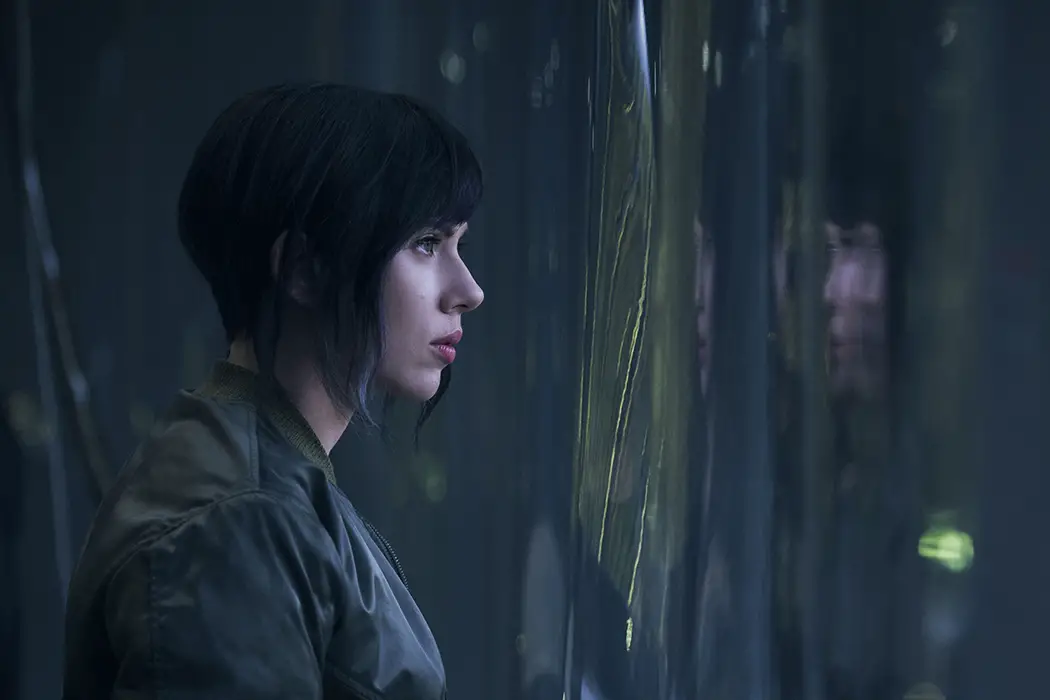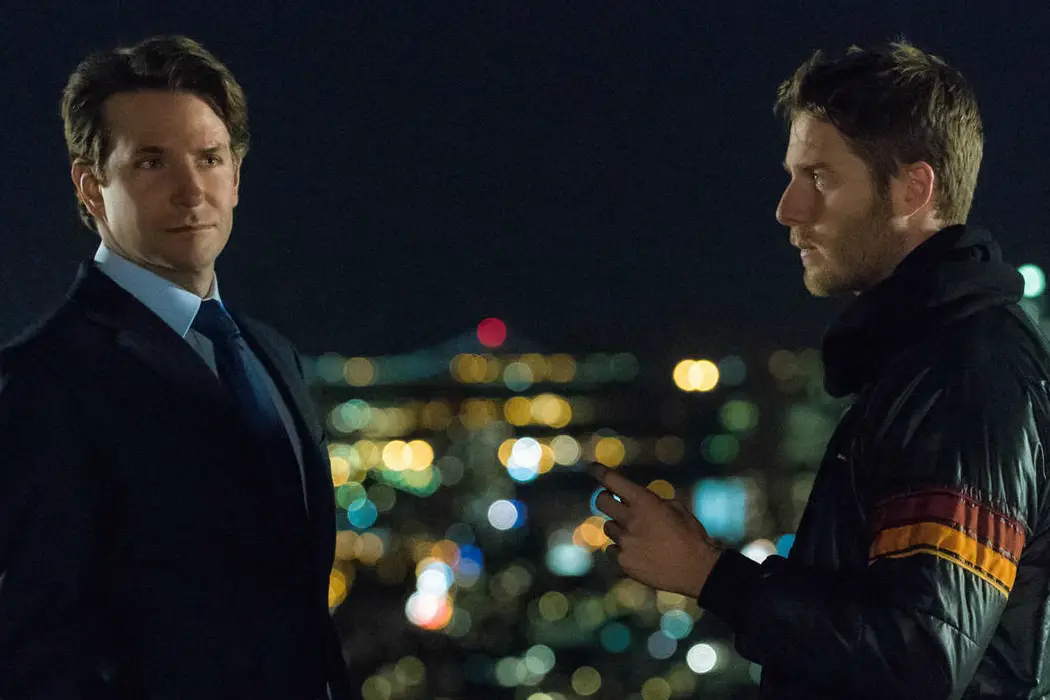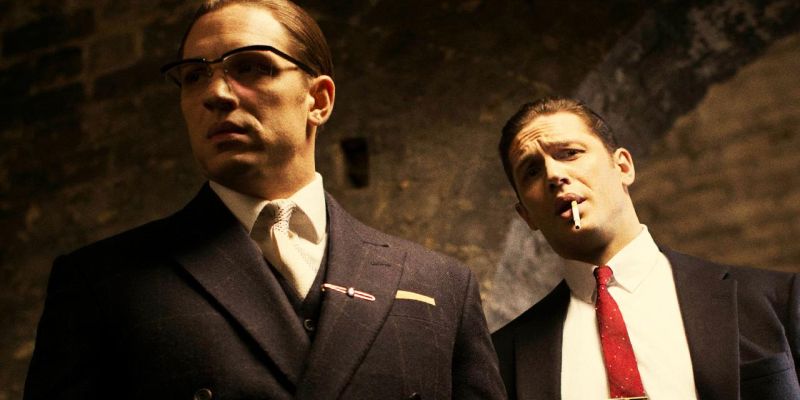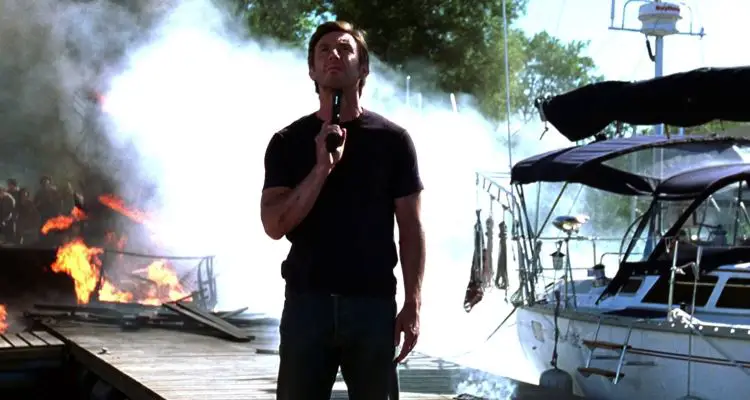remake
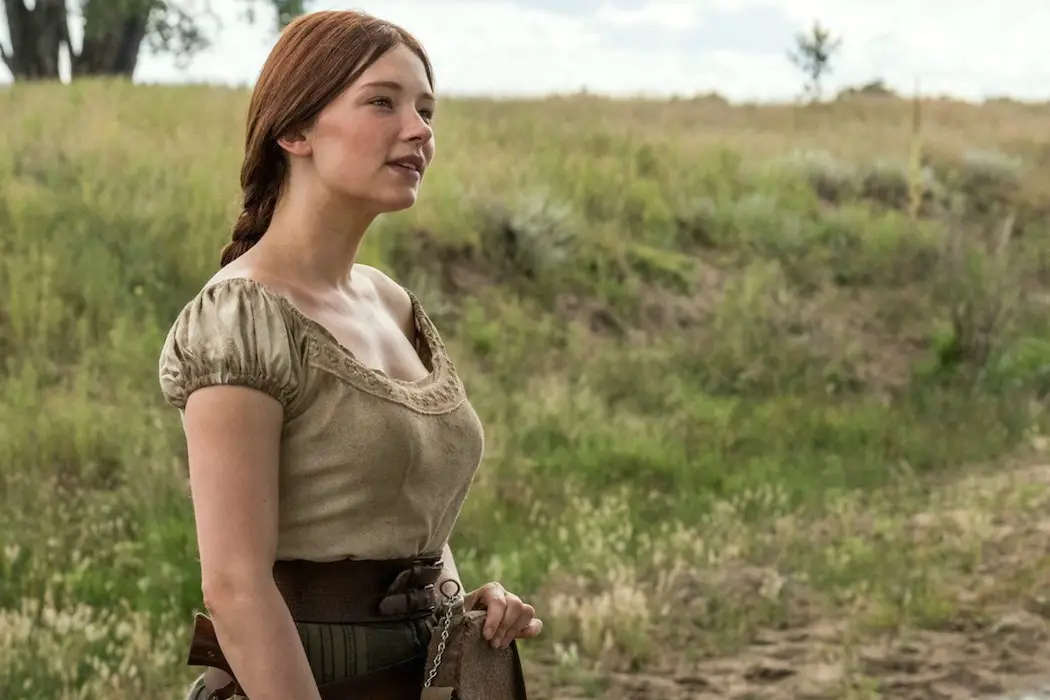
Westerns are the one genre I’ve never really gotten along with. I’ll watch a good one, and I have watched a number of classics, but it’s a genre that’s never particularly resonated with me. My father is a big fan of them, as are some good friends of mine, so this summer I made the decision to just try hard to find something I liked (other than Rio Bravo).

Hollywood seems to be stuck in an age of remakes and sequels. Though original films do exist, they are never as popular or successful as the large-scale blockbusters, which are the only sure moneymakers for studios. Coming from this standpoint, it’s no surprise that Antoine Fuqua’s The Magnificent Seven exists.
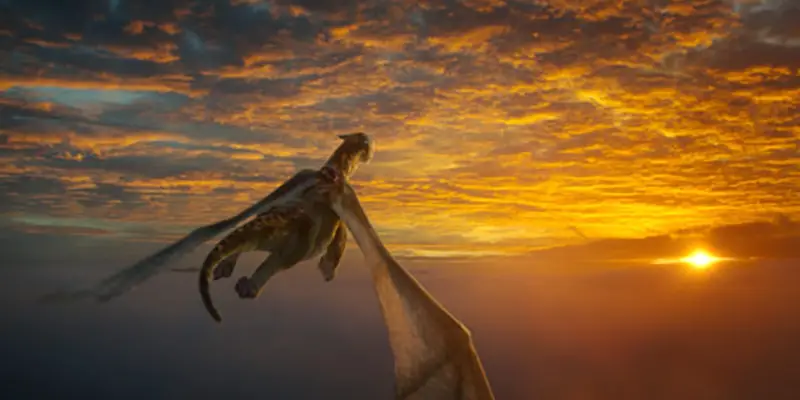
If you’ve ever wondered why fantasy has always been a popular genre in fiction, it might help knowing that all fiction is a form of fantasy, and that stories are a type of self-preservation. Take Martin Scorsese’s wildly entertaining and greatly underappreciated Shutter Island, in which the main character, Teddy, is on a mission to prove he is innocent, only for the truth to reveal that he is anything but. As Teddy becomes fully aware, he finds out that he has created an elaborate fantasy, a hyper-fiction as a ruse to shield himself from the harsh reality.

Ben-Hur actually opens with the horses getting ready to bolt from the gates for the chariot race. That will seem heretical to audiences familiar with the Academy Award winning 1959 version of the story. Younger moviegoers may not even realize this is a remake, and may not even realize that the phrase “chariot race” used to refer to a big movie’s big action climax.
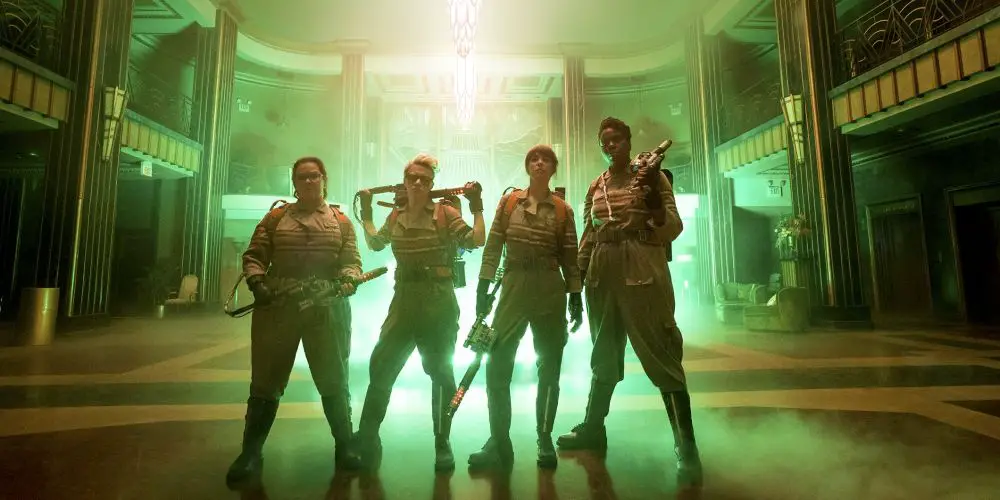
It would be to put it lightly that this film’s reputation preceeded it. After years of people theorising about another sequel to Ghostbusters (1984), naively deciding to overlook the fact that Bill Murray didn’t want to work with Harold Ramis again, and Ramis’ recent death, a new film was announced. The only problem was that noted comedy director Paul Feig was put in charge.
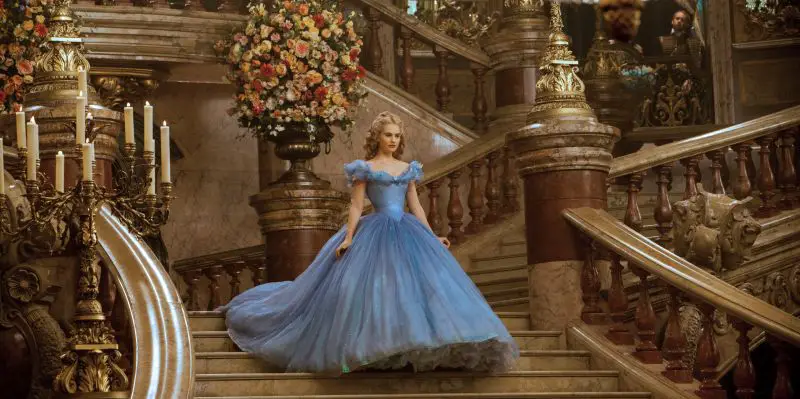
Concerning remakes in modern cinematic environments, there is a strong dominance during recent years involving large companies and production studios to provide audiences with an extensive range of remakes and indistinguishable plots and storylines with the twist of live action appearances. Speculations regarding Disney in particular are most prominent in terms of feature film announcements, with approximately 16 possible films arriving in the future that focus on existing narratives and characters. There are different approaches to this that Disney are experimenting on, from remaking the same story faithfully, adapting a different spin to the classics or even creating long awaited sequels – such as Mary Poppins Returns, set for release Dec 2018.

A remake of the 1969 Italian-French film La Piscine and partly inspired by David Hockney’s ‘Swimming Pool’ painting, A Bigger Splash is the fourth feature film from Luca Guadagnino, and has already made significant waves with critics and audiences alike (sorry for the absolutely appropriate pun). Starring Tilda Swinton as rockstar Marianne recovering from throat surgery, and Matthias Schoenaerts as her ever-loving albeit boring boyfriend Paul, the two of them aim to escape life to an idyllic Italian island in the middle of the Mediterranean. No phones, no work, no interruptions.
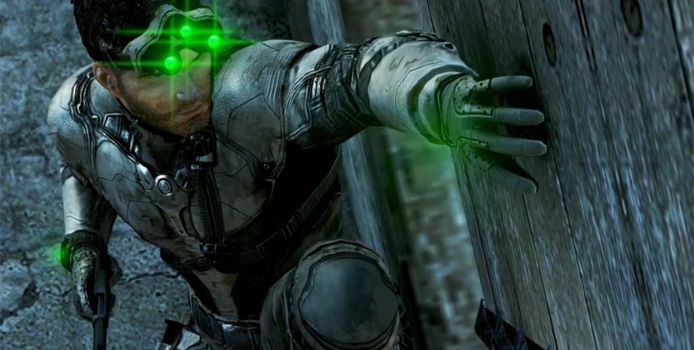
It sounds so easy on paper. Take a successful creative work that already has a large following and put it on the big screen, what could possibly go wrong? A lot it seems, as it can be rather difficult to find any game film released that has been received positively, and with the recent travesty released being in the form of Pixels there seems to be no hope in sight.

In an era when Hollywood is running out of ideas more than any other previous point in its century-long history, the big studios’ desire to unnecessarily remake everything grows even more unwelcome. It’s not that good remakes can’t be made (after all, The Departed, The Fly and a Fistful of Dollars all exist), but modern audiences are so skeptical of remakes that they tend to stay away in droves. The remakes only seem to happen presumably so that the studios can maintain the copyright to the originals and continue to make heaps of money.


